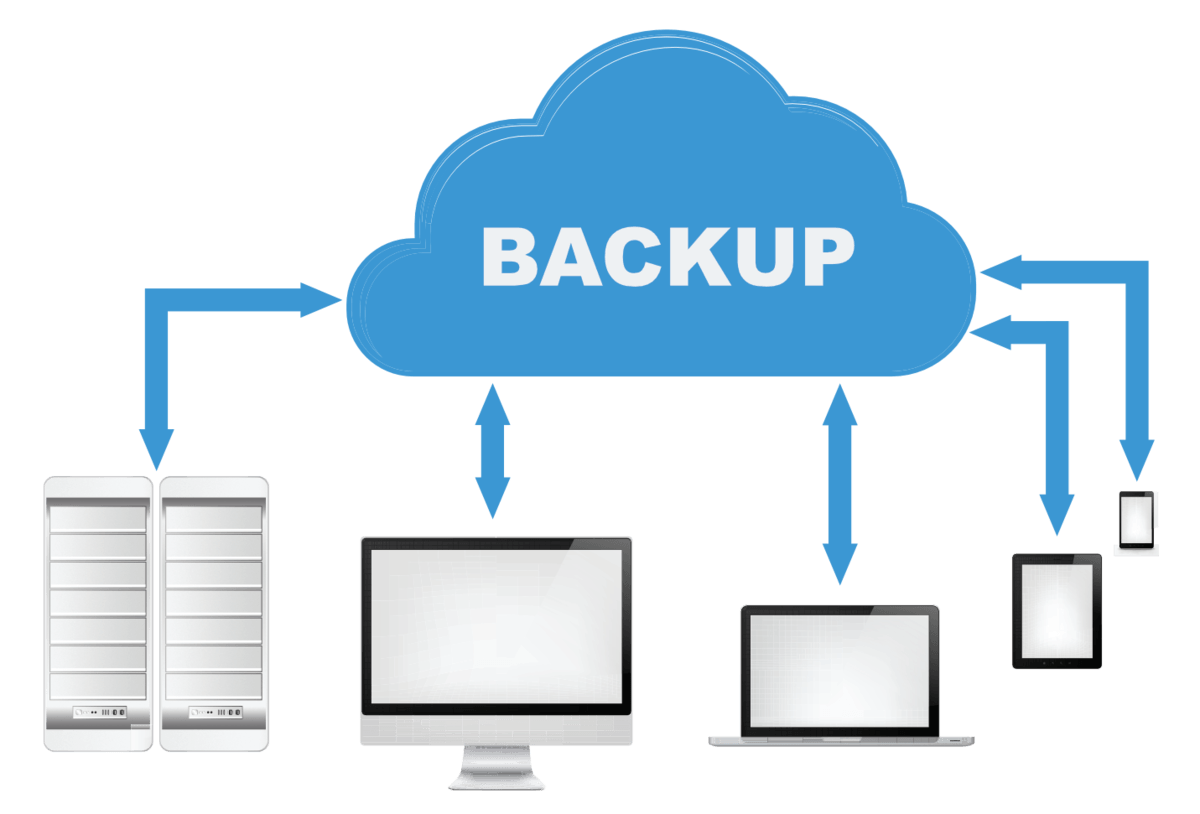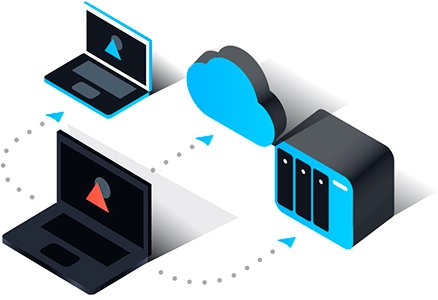Reliable Data Backup Offsite Storage Toolkit
Organizations must overcome the crucial challenge of protecting their valuable information as digital data storage becomes more and more important. By offering safe and accessible storage for important data, cloud database backup offers a solution. In this article, we'll go over the significance and advantages of cloud database backup as well as the best methods for putting it into practice and effectively managing it.
- Recognizing Cloud Database Backup
Customizable Online Backup Partner Programs For Startups

The process of keeping copies of your database in a remote server or data center that is online is referred to as cloud database backup. Data redundancy, hardware failure protection, natural disasters, and cyber threats are all guaranteed by the off-site backup solution it offers.
- Benefits of cloud database backup
Affordable Online Backup Mapped Drive User Manual
Compared to conventional backup techniques, cloud database backup has a number of benefits. Backblaze Vs Pcloud. These consist of:
- Data redundancy: By storing data across multiple servers, hardware failures and disasters are less likely to cause data loss.
Scalability: Depending on your needs, cloud backup makes it simple to scale up or down your storage needs.
Accessibility: With cloud backup, any internet-connected device will allow you to access your data whenever and wherever you want.
Cost-effectiveness: Cloud backup does away with the need to spend money on expensive backup personnel, infrastructure, and maintenance.
Automated Backups: By automating scheduling and incremental backups, cloud backup services frequently eliminate the need for manual backup.
Streamlined Windows Home Server Backup Service Trends

- Selecting the best Cloud Database Backup Service:
Think about the following when choosing a cloud database backup provider:
Comprehensive Database Server Compliance Checklist
- Security Measures: Make sure the provider uses reliable security measures like compliance certifications, access controls, and encryption.
- Reliability: Look for businesses that have a solid reputation for dependability and long-term warranties.
- Scalability: Verify that the service provider provides flexible storage options to meet your expanding data requirements.
For quick and effective data transfers, take into account the provider's network infrastructure and bandwidth capabilities.
- Using cloud database backup to implement:
Scalable Data Backup Server Explained
Use the following best practices to implement cloud database backup:
- Define Backup Policies: Clearly specify your backup requirements, including the frequency, retention, and recovery point goals.
- Encryption: To guarantee the confidentiality and integrity of your data, encrypt it before transferring it to the cloud.
- Regular Testing: To ensure that your backups are accurate and complete, regularly test the restoration process.
Implement monitoring and alerting systems to quickly identify problems or failures in the backup process.
- Disaster Recovery Plan: Create a thorough disaster recovery plan that outlines how to recover data in the event of an emergency.
Rapid Backup Solution For Vultr Explained
- Managing a backup cloud database

Continuous monitoring and upkeep are necessary to manage cloud database backup - Mailenable Mail Server. Take into account the following advice:
Cross-platform Backup Technology Comprehensive Review
- Regularly Monitor Backups: Keep an eye on the backup procedure to make link sure it's done correctly and quickly fix any mistakes or failures.
- Review and update backup policies on a regular basis to keep up with evolving regulatory requirements and changing business needs.
- Retention Management: Depending on legal requirements and business priorities, control how long your backups are kept.
Implement data archiving techniques to move infrequently accessed data to cost-effective storage tiers while maintaining accessibility.
Periodic Reviews: Review your cloud database backup strategy on a regular basis to spot areas for improvement and make sure it complies with company objectives.
Messages to Remember:
Rapid Mysql Server Data Protection Strategies
Data redundancy, scalability, accessibility, cost efficiency, and automated backups are just a few of the advantages of cloud database backup, which offers secure and accessible storage for important data.
- When selecting a provider, take security precautions into account, as well as dependability, speed of data transfer, and reliability.
Creating backup policies, encryption, routine testing, monitoring and alerting, and creating a disaster recovery plan are all components of cloud database backup implementation.
Regular backup monitoring, backup policies updates, retention management, data archiving, and periodic reviews are all necessary to effectively manage cloud database backup.
Keep in mind that protecting the sensitive data this link in your organization requires the implementation of a strong cloud database backup strategy. To guarantee data security, accessibility, and business continuity, embrace the power of cloud backup.
Innovative Remote Backup Appliance In 2024
Key Takeaways or a related phrase
Data redundancy and protection against hardware failures or disasters are both guaranteed by cloud database backup.
Scalability, accessibility, cost effectiveness, and automated backups are just a few of the advantages.
When selecting a provider, take security precautions into account, as well as dependability and data transfer speed.
- Adopt best practices like encryption, regular testing, monitoring and alerting, disaster recovery planning, and backup policies.
Monitoring backups, updating policies, managing retention, putting data archiving into place, and conducting periodic reviews are all parts of effective management.